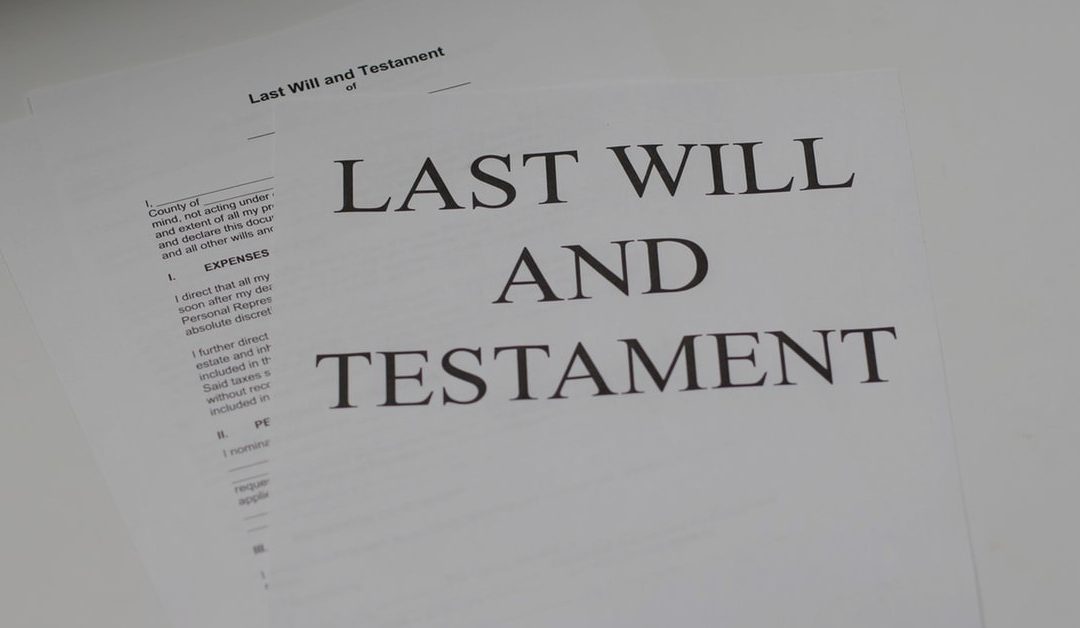Sometimes, after a person passes away, heirs who are entitled to share in the decedent’s estate find out that they aren’t going to receive as much as they thought. Sometimes, this is due to the interference with the inheritance by an agent under a Power of Attorney or other third party.
Intentional interference with an inheritance or gift is when someone intentionally, by fraud, duress, or other means, prevents another from receiving the inheritance or gift that they otherwise would have received.
For example, say a person names their friend as their agent under a Power of Attorney and had previously named their daughters as beneficiaries of the life insurance and bank accounts. The agent under a Power of Attorney decides that they deserve to be compensated upon the death, so they change the beneficiaries to themselves, removing the daughters and causing them not to receive anything of substance upon the death.
In cases such as these, the agent under a Power of Attorney is liable for the loss of the inheritance and can be held responsible.
Another example of intentional interference with inheritance would be if a man who is critically ill signs a will that was drafted by his second wife, purposefully leaving out his children. The wife demands that he sign it or risk her leaving him. In a previous will, he left his children each a substantial amount of money.
Since he signed a new will, they are now receiving nothing from his estate. In cases such as these, his wife can be held liable for intentionally interfering with the children’s inheritance through providing undue influence in the signing of the new will.
Anna Nicole Smith Case
A popular case of intentional interference with inheritance involved the late Anna Nicole Smith, who filed suit against her deceased husband’s son for exerting undue influence over his father to create a new estate plan, leaving Ms. Smith out in the cold. Ms. Smith claimed that her billionaire husband promised to create a trust for her benefit, however, his son conspired with an attorney to prevent that from happening. The case lasted twenty years and was not finally decided until many years after Ms. Smith’s death. The case even went to the US Supreme Court on appeal.
Elements to an Action
There are several elements to an action for intentional interference with inheritance. Firstly, there must be a valid expectancy. This can be proven by showing proof of an earlier will, the decedent’s written instructions, or simply by proving the decedent’s fixed intention to provide for the beneficiaries.
There also must be a reasonable certainty that, absent the interference, the rightful beneficiaries would have received the expected inheritance. There must be a reasonable degree of certainty that the bequest would have been in effect at the time of the death if there had not been interference. There must also be independently wrongful activity – something that would stand on its own as a cause of action – like breaching ones fiduciary duty under a Power of Attorney.
If the elements exist, a Court action can be filed in order to hold the wrongdoer liable and possibly recover lost inheritance. Retaining an attorney for this matter is strongly encouraged to ensure that you have met the required elements for a claim and are represented during the hearing.
Previous court cases have determined that, in a case of intentional interference with inheritance, the plaintiff, or person who was deprived, is entitled to compensation up to the amount that they were deprived. However, there may also be punitive damages awarded if the claimant proves that the defendant is liable for the damages. The law does limit the amount of punitive damages that can be awarded.


